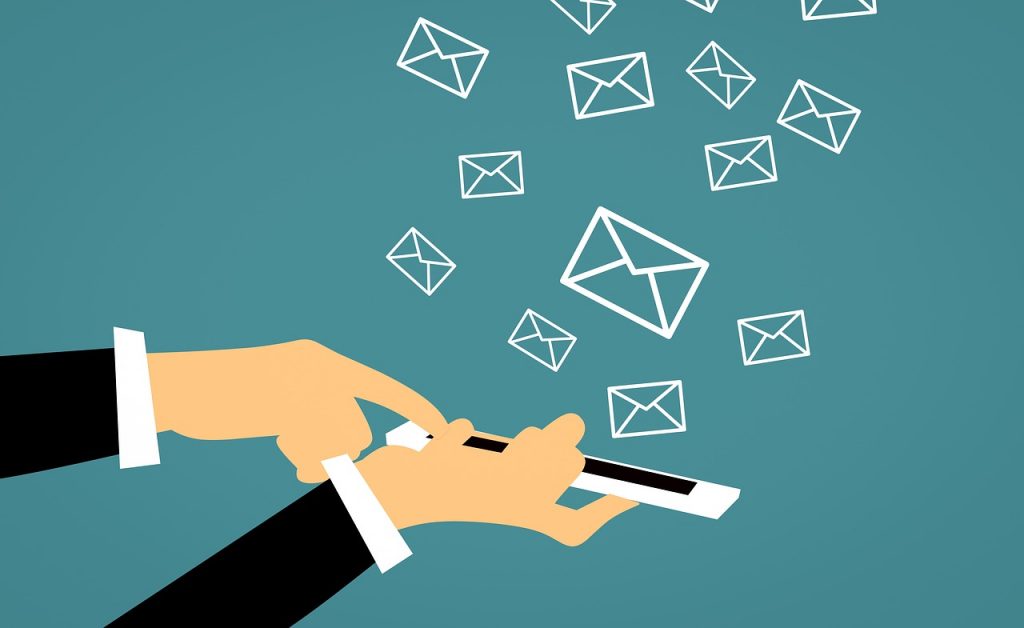If you’re like billions of other people around the globe, you use the internet regularly. We know we do!
That’s because the internet makes for a fabulous resource to develop meaningful connections, learn exciting things, and ultimately add new dimensions to your life. Unfortunately, the internet is also a place where you can land yourself in a lot of trouble.
Hackers and other opportunists scour the web in hopes of finding one out of the 4.9 billion of other people that are not practicing internet safe surfing techniques. If you’re among those that get targeted, you could lose your log-in information, credit card numbers, and more.
Curious to know how you can keep safe online? Below, we share some simple tips.
1. Keep Personal Data Sharing to a Minimum
If you don’t share your personal information with websites, hackers are going to have a hard time stealing it. Most hacking techniques that are aimed at intercepting information rely on you entering that data in form fields online.
By limiting the number of online destinations you create profiles on and share your data with, you limit the opportunities hackers will have to swoop in and take advantage of you.
2. Be Aware of Which Sites Are Secure
Secure websites use encryption technology to prevent third parties from intercepting data. That’s all well and good but how exactly can a casual surfer like you know which sites are secure and which aren’t?
A great way to help make that determination is to look at the address bar in your web browser to see if there’s a padlock icon featured.
Padlock icons let you know encryption is being utilized and that any information you pass to the site you’re on is secured. Staying on sites with an HTTPS extension as opposed to HTTP can also be helpful.
3. Consider a VPN
VPNs are becoming extraordinarily popular given internet browser’s increased appreciation for online privacy.
You may not know this but every website you visit is logged by your internet service provider. That information can then be requested by third parties for investigations, lawsuits, and more.
Leveraging a VPN when safe surfing the web makes it so your web activity is routed through a third party that hides traffic from your ISP. This process is completely legal and can save you a world of trouble should an opportunist ever try to cause trouble for you based on your browsing habits.
4. Passwords Should Be Robust
How likely would a hacker be able to guess your password? What if they used a tool that could try hundreds of potential passwords per minute when trying to crack your account?
If you’re not confident in the strength of your online passwords, do yourself a favor and change them. Keep passwords long, make sure they include numbers, special characters and are a little bit different from site to site.
5. Stored Passwords Should Be Used Sparingly
We get that entering a password on every site you visit can be a hassle. If internet safety is important to you though, you’re going to want to limit how many stored passwords you keep on your web browser.
By having your web browser auto-fill your passwords, you make it so if somebody were to steal your device, they’d have access to all of your accounts. At the very least, know what steps you can take to quickly delete all of your password data from your browser remotely if you were to ever misplace your phone or whatever other tech you generally go online with.
6. Stop Oversharing
Things you talk about online can cause problems for you in real life. For example, if you were on social media posting about how you’re going on vacation for a week, you’re letting bad actors know that your house is going to be sitting empty.
That might inspire somebody to drop by while you’re away and help themselves to your belongings.
7. Identify Signs of Infected Sites
Sites that are typically secure can become insecure if they become the victim of a malware attack. These attacks are usually carried out by a hacker gaining access to a site’s back-end and installing malicious code on the site that might then target you as you browse.
Are you having to activate an adguard ad blocker because a site suddenly has hundreds of pop-ups? Does the layout of the site you’re on look a lot different than it usually does?
Those are just two of many signs that a site may be infected and that you should hop off.
8. Always Be Wary of Downloads
Any time you download something online and install it on your computer, you run the risk of a malware infection. To mitigate that risk, only download files from trusted sources.
You’ll also want to sweep downloaded files with an antivirus.
9. Grab Antivirus Software
Whether it’s checking downloaded files or providing everyday protection for your machine, the help of a great antivirus can be a game-changer. It may be that your computer comes pre-installed with an antivirus application. If not, head online and hunt one down.
Great anti-virus programs are often free so they’re well worth the time to find and install!
Safe Surfing Will Make Your Time Online a Lot More Rewarding
Surfing the internet is fun. However, safe surfing the internet is worlds better.
Why?
Because safe surfing enables you to do everything you love online without needing to worry about having your personal data stolen and potentially losing thousands of dollars. Avoiding that fate seems well worth the extra effort so start curbing your bad browsing habits today and enjoy a protected online experience!
For more information on all things interesting, go deeper down the rabbit hole of content we have on our site!



